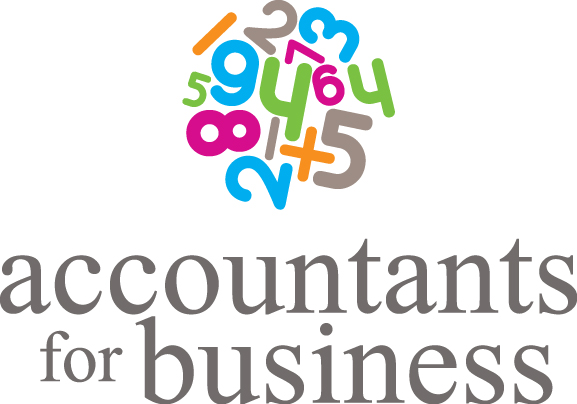Business valuation can be particularly challenging when dealing with new or very young businesses with little or no trading history. Let’s look at a scenario I came across recently where a young entrepreneur with a fledgling business had been taken under the wing of a more seasoned business mentor who offered to open a few doors and bring business experience to the table. The relationship was developing nicely when some papers were put forward requiring a shareholding to be given in order for the relationship to continue. No money to change hands.
The shareholding requested?
25% of the company
So what would you do? Do you:
a) Say , yes that’s great hand me the papers to sign
b) Say no but then secretly worry that your business is worth nothing because no money was offered
c) Say no and feel cross at the presumption because of course your business is worth a small fortune
d) None of the above
There are of course other possible variations of answer but looking at the above four, the answer is:
( d)- none of the above.
This is because in all of the above situations you need to understand value and relative value. There is always a value; even zero is a value. Potential value is also applicable. As a new start 25% may not seem like a big deal but if you are successful and the business grows then 25% may be very significant. There is also a need to value the offer of assistance being given. Is the investor worth 25%? It can be hard to quantify the value they will actually bring but you could start with some background checks on what they have delivered for others, particularly if a similar business type. Find out who they have worked with in the past and talk to them to find out what was delivered. Also, try and talk to businesses they have worked with where it has not been a successful arrangement. There may be very good reasons for it not working out but it will give an insight to any potential problems. For example, if the investor wants to be very hands on and expects their view to carry a lot of weight but you well up at the lyrics of ‘My Way’, then it may not be a match made in heaven.
In (a) the answer is wrong because of the lack of valuation and also because any papers presented (and there will be papers) must be thoroughly evaluated, dare I say, by a lawyer or someone else experienced and qualified enough to explain any implications e.g. what are the entitlements of the investor? While not a majority share the papers may attempt to place restrictions, insist on a role in running the business or specify exit arrangements for the investor. You need to be sure that you are happy with any conditions.
In (b) the answer is wrong because the investor would not be making an offer if they saw no worth or potential worth.
In (c) the answer is wrong because there is an opportunity being presented and the task is to evaluate whether the offer has worth.
In business there are always opportunities to evaluate, it is part of the game to understand the opportunity and decide whether or not it is for the taking.

